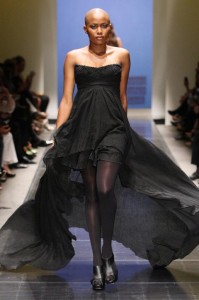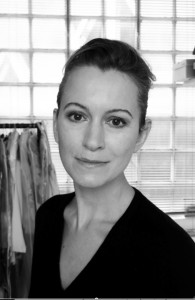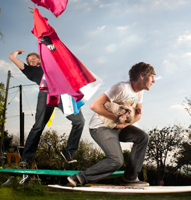 Gevo, Inc., a leading renewable chemicals and advanced biofuels company, received a $5 million grant from the United States Department of Agriculture (USDA) for the development of biojet fuel from woody biomass and forest product residues. The award is a portion of a $40 million grant presented to the Northwest Advanced Renewables Alliance (NARA), a consortium led by Washington State University (WSU).”This is an opportunity to create thousands of new jobs and drive economic development in rural communities across America by building the framework for a competitively-priced, American-made biofuels industry,” said U.S. Department of Agriculture Secretary Tom Vilsack. “Public-private partnerships like these will drive our nation to develop a national biofuels economy that continues to help us grow and out-compete the rest of the world while moving our nation toward a clean energy economy.”
Gevo, Inc., a leading renewable chemicals and advanced biofuels company, received a $5 million grant from the United States Department of Agriculture (USDA) for the development of biojet fuel from woody biomass and forest product residues. The award is a portion of a $40 million grant presented to the Northwest Advanced Renewables Alliance (NARA), a consortium led by Washington State University (WSU).”This is an opportunity to create thousands of new jobs and drive economic development in rural communities across America by building the framework for a competitively-priced, American-made biofuels industry,” said U.S. Department of Agriculture Secretary Tom Vilsack. “Public-private partnerships like these will drive our nation to develop a national biofuels economy that continues to help us grow and out-compete the rest of the world while moving our nation toward a clean energy economy.”
NARA includes a broad consortium of scientists from universities, government laboratories and private industry. The WSU-led grant aims to address the urgent national need for a domestic biofuel alternative for U.S. commercial and military air fleets. The NARA project envisions developing a new, viable, aviation fuel industry using wood and wood waste in the Pacific Northwest, where forests cover almost half of the region. The project also will focus on increasing the profitability of wood-based fuels through development of high-value, biobased co-products to replace petrochemicals that are used in products such as plastics.
“The airline industry and the United States Department of Defense are eagerly looking for near-term alternatives to petroleum-based jet fuel,” said Patrick Gruber, Ph.D., CEO of Gevo. “Woody biomass has the potential to be a cost-effective and sustainable option for biorefineries. This project should help accelerate the commercial deployment of cellulosic biorefineries, grow the economy in rural America and contribute to home grown energy independence.” Gevo previously announced its progress to airline engine testing using starch derived isobutanol to jet fuel. Gevo expects to receive full fuel certification by 2013 from the American Society for Testing and Materials (ASTM) for its biojet fuel.








